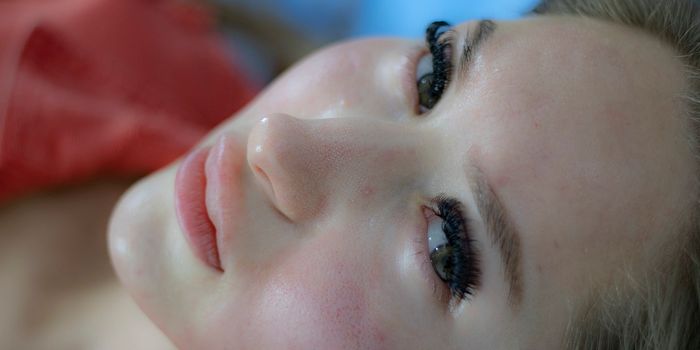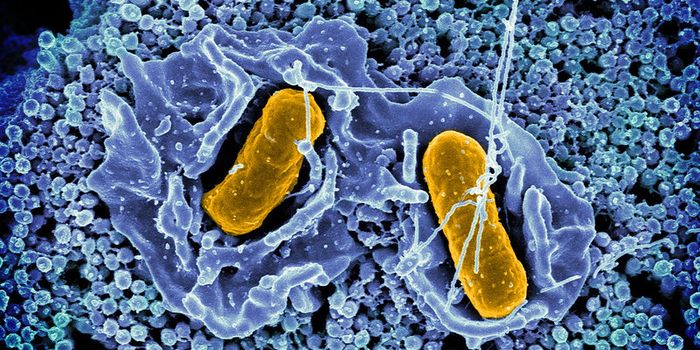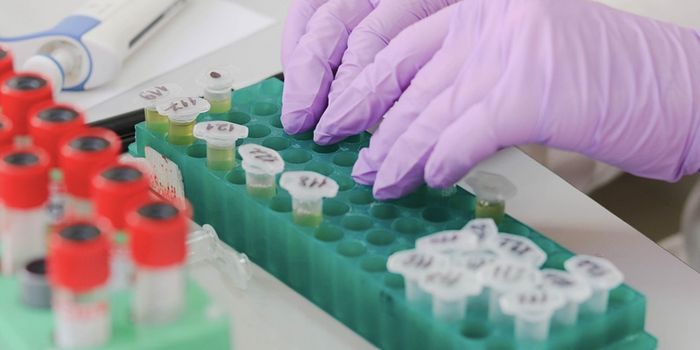Female vs. Male: The Immune Response
It is well known that females and males differ in the nature and strength of the immune response across a wide range of animals including humans. A new study from Lund University in Sweden, published in the Proceedings of the Royal Society B: Biological Science, looked for a specific component of the adaptive immune response that may be responsible for this difference. They found a genetic conflict in the immune response in animals between male and females, with central immune system genes varying more highly in females and lower in males.
Previous research on the immune response variation between sexes has highlighted notable differences. Females are parasitized less often than men, with male immune systems having a lesser ability to fight off pathogens. While females often have a stronger immune response, this is not always beneficial, making them more susceptible to immunopathology such as autoimmunity compared to males. This susceptibility to autoimmune disease has been associated with immune response components such as particular gene variants at the major histocompatibility complex (MHC).
MHC is central to the adaptive immune response; these molecules are encoded by a set of genes that are highly polymorphic. MHC interact with T cells to mediate adaptive immunity, CD4 molecules on helper T cells interact with MHC class II to mediate specific immunity while CD8 molecules on cytotoxic T cells interact with MHC class I to mediate cellular immunity. High diversity of MHC gene variants has been hypothesized to be beneficial; this may be due to the ability to recognize a broader range of pathogens or due to the increased chance of carrying advantageous genes that maximize disease resistance.
The study from Lund University hypothesized that sex differences in the strength of immune response might be associated with levels of MHC diversity. Using great reed warbler samples and data from a 20-year study they analyzed the effects of MHC class I diversity on lifespan, offspring fledging success, and offspring recruitment sex in both males and females. By sequencing immune system genes of the MHC in the warblers, they were able to compare the variation of these genes in males and females as well as their offspring.
The results showed that variation in MHC genes in females is too high, but in males too low. For males, having a higher MHC variation was advantageous, they gained better territories and their offspring had higher survival rates but for females, having a higher MHC was disadvantageous, leading to decreased survival in offspring. Males with higher MHC variation and females with lower MHC variation were also more successful in recruiting offspring. "Unfortunately, this conflict cannot be solved. Females prefer males with good territories, but in the bargain, they get males with high variation in their MHC genes. The offspring thereby inherit this variation from their father, which is good for the sons but a disadvantage for the daughters," says doctoral student Jacob Roved, the first author on the study. Future studies will look to investigate how widespread these conflicts may be; vertebrates have the same immune system structure and similar differences between the sexes in their immune response, future studies will look to investigate how widespread these conflicts may be.
To learn more about the Major Histocompatibility Complex class I watch the video below!









